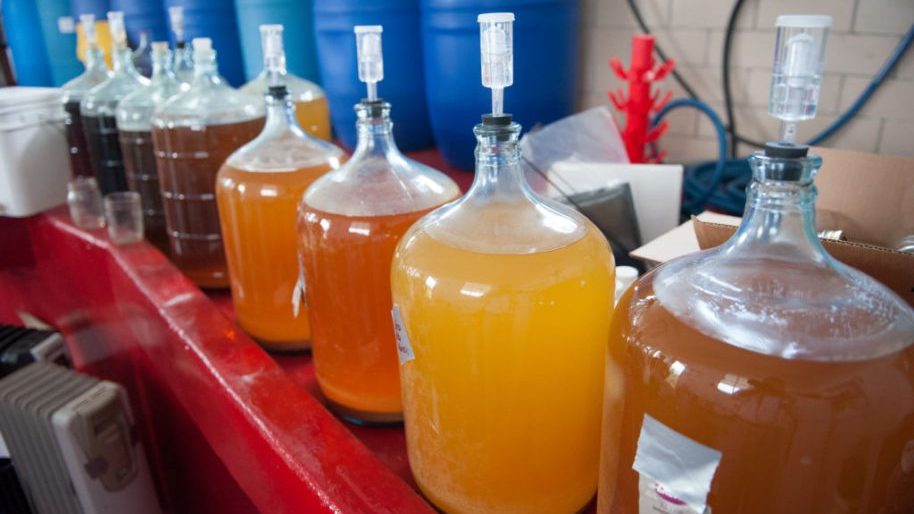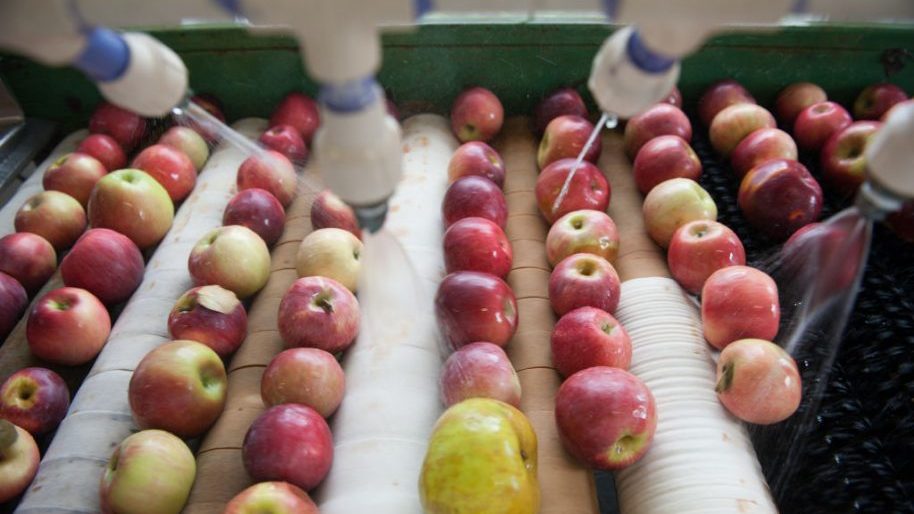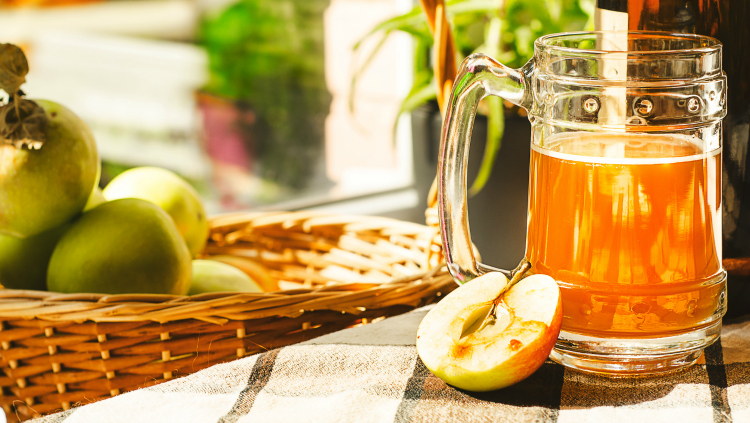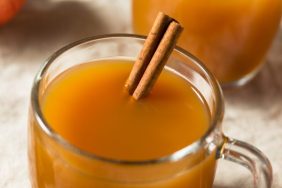Photo: Liubov_Chuiko (Getty Images)
Once a staple in Britain, hard cider is now consumed across the globe, offering a fruity alternative to beer for those who don’t like barley-laden beverages. It’s also naturally gluten-free (since apples don’t contain gluten), so it’s a great option for those with restrictive diets who still want to enjoy a beer-like buzz.
The hard cider industry in the U.S. has grown over 500 percent since 2011 and the number of cideries (akin to breweries) has increased from 187 to more than 800. But this explosive growth may come to grinding halt in as little as 15 years due to global warming.
Cider’s Secret Ingredient
The weather is a key ingredient in churning out this juice-forward drink. The apples need to reach -10 degrees Celsius to allow frozen water to remain with the pulp, so only the concentrated sugary nectar can be extracted. During fermentation, half of that sugar content turns to alcohol, allowing the cider to retain its sweet taste while boasting a whopping 10 percent alcohol content.

Christian Barthomeuf, a Canadian farmer, is credited with inventing ice cider three decades ago, by taking advantage of what our neighbors to the north have in spades — the cold. Rather than picking apples in the fall, he waits until winter when the sugar peaks. But without temperatures cold enough to encapsulate the pulp, the ripe nectar that gives cider its signature sweetness can’t be extracted or yield enough to convert it to alcohol.
Support Cideries: 5 Cider Taprooms to Try This Fall
Barthomeuf’s technique made its way South to Vermont, and was an instant hit when it hit the states back in 2007, with its significant market penetration spawning the largest purveyor of ice cider in the United States today: Angry Orchard.
Unlike Barthomeuf, Angry Orchard picks their apples in the fall but they still rely on freezing temperatures to cultivate their cider by converting the juice to ice. Head cider-maker Royce Burk recently told CBS, “We’ll see what this winter brings, but you know for us, last year it didn’t get cold enough to freeze, thaw, freeze, thaw – the process that we need to make great ice cider.”

Without another large-scale source of something only Mother Nature can provide, the cider market as we know it could completely disappear.
Beer: The Next Climate Change Casualty
It’s not just cider that’s on the earth’s chopping block. Scientists also say that if human-induced global warming continues on its current trajectory, the world’s beer supply will dry up.
Save The Suds: Don’t Let Climate Change Kill Your Beer Supply
In a study published on Oct. 15, 2018, in the Nature Plants journal, researchers concluded that the intense and prolonged heat waves and droughts will ravage the world’s barley supply.
Obviously, there are more serious and devastating effects of this dramatic shift in climate, such as frequent hurricanes, excessively hot summers, droughts, wildfires, and rising sea levels, but if we don’t start taking this change seriously, we could end up living in a world without beer. No beer? Tsunami, take us away.







